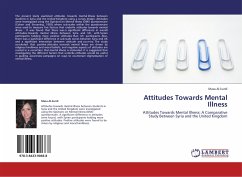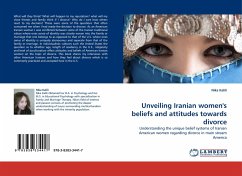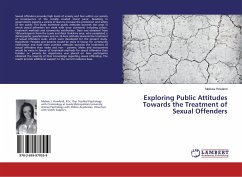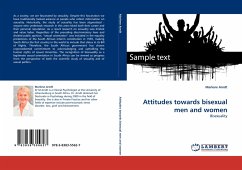The present study examined attitudes towards mental illness between students in Syria and the United Kingdom using a survey design. Attitudes were investigated using the Opinions on Mental Illness (OMI) questionnaire (Cohen and Struening, 1959), where sub-scales within the questionnaire were used to measure five factors that underlie attitudes towards mental illness . It was found that there was a significant difference in overall attitudes towards mental illness between Syria and UK, with Syrian participants holding more positive attitudes than UK participants. Also, there was a significant difference in sub-scale scores between Syria and UK and a significant interaction between attitude and country. The study concluded that positive attitudes towards mental illness are driven by religious kindliness and moral beliefs; and negative aspects of attitudes are rooted in a conviction that mental illness is motivated. It is suggested that investigating the different factors that underlie attitudes would be useful in guiding awareness campaigns on ways to counteract stigmatisation of mental illness.
Bitte wählen Sie Ihr Anliegen aus.
Rechnungen
Retourenschein anfordern
Bestellstatus
Storno








